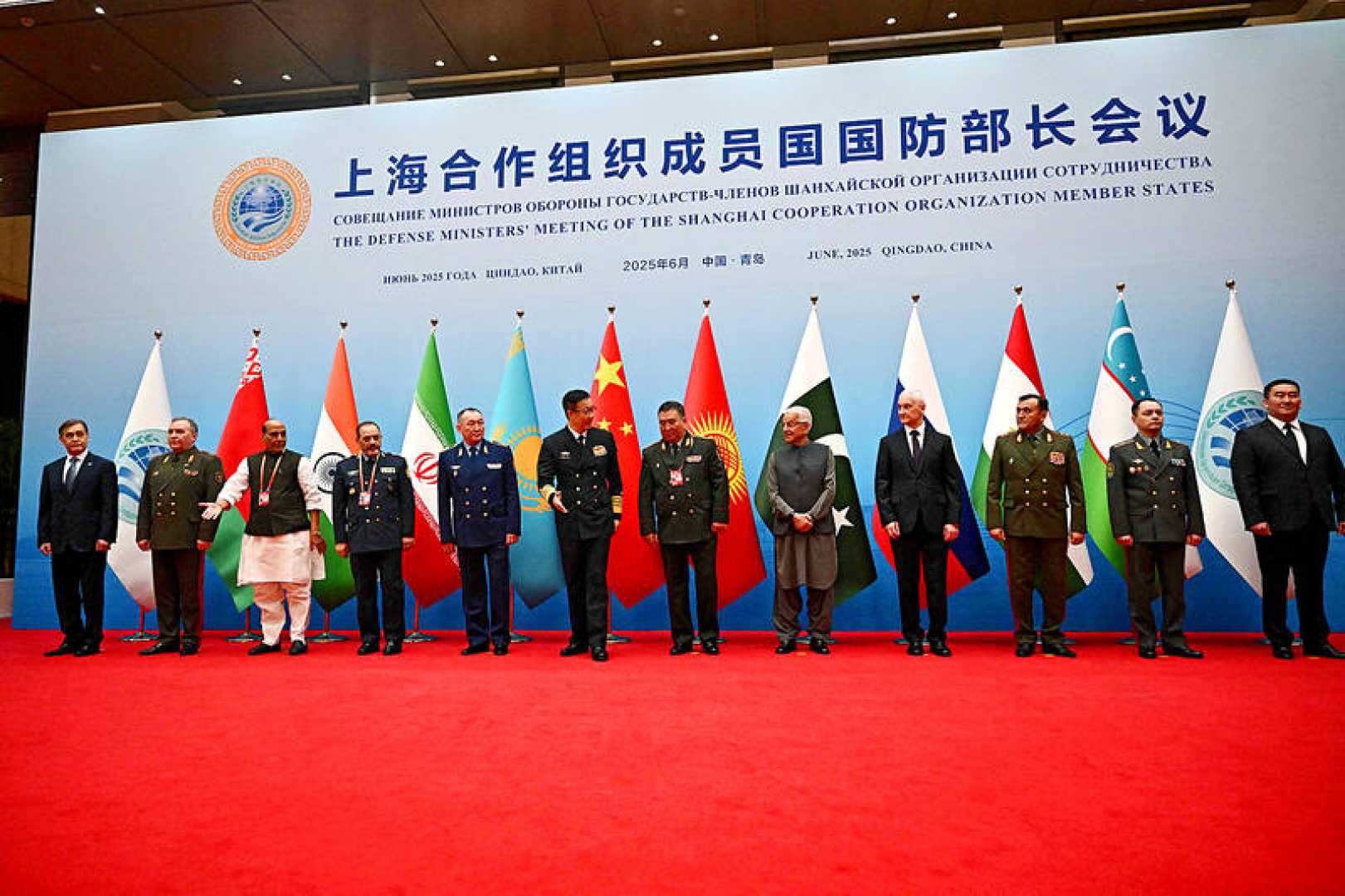World
SCO Defence Ministers Fail to Reach Joint Statement Amidst Tensions

QINGDAO, China — Defence ministers from the Shanghai Cooperation Organisation (SCO) met on June 26, 2025, but could not agree on a joint statement due to India’s refusal to sign. India objected to the document, claiming it was pro-Pakistan for neglecting to mention an April attack on Indian tourists that left 26 people dead.
The SCO consists of 10 members, including China, Russia, India, Pakistan, and Iran, focusing on regional security and cooperation. The meeting was held in advance of the SCO leaders’ summit later this year.
Khawaja Muhammad Asif, Pakistan’s Defence Minister, led his country’s delegation and emphasized Pakistan’s commitment to regional stability, collective security, and counterterrorism. In his address, Asif condemned recent Israeli military actions against Iran and highlighted the long-standing conflicts in Kashmir and Palestine.
Asif reiterated the importance of adhering to the principles of the United Nations and the SCO Charter to promote global peace. He also denounced the April terrorist attack in Indian Illegally Occupied Jammu & Kashmir (IIOJK) while urging that the culprits behind terrorism must be held accountable.
According to reports, the Indian delegation objected to the exclusion of the April 22 attack in the draft statement, which led to heated discussions among the ministers. Indian Defence Minister Rajnath Singh believed the joint statement favored Pakistan’s narrative by not referencing the attack while bringing up issues in Balochistan, a region where Pakistan accuses India of supporting separatists.
“Certain member countries could not reach consensus on certain issues, and hence the document could not be finalised on our side,” Indian foreign ministry spokesperson Randhir Jaiswal told the media, without naming the dissenting country.
The SCO meeting marked the first time since a military standoff in May that senior ministers from India and Pakistan shared a stage. Despite the tensions, Asif claimed Pakistan’s narrative on counterterrorism was gaining acceptance internationally.
As the talks progressed, Asif noted India’s position became increasingly isolated, especially on issues regarding Israeli aggression and its stance on terrorism in Balochistan. The joint statement, which is typical of SCO meetings, did not proceed without India’s endorsement, as they argued that their security concerns were not adequately represented.
In a back-and-forth that ensued during the session, Singh raised objections after Asif’s remarks were made. As there was no precedent for a member to speak twice, Singh’s request to respond was dismissed. Subsequently, India opted out of the joint declaration, highlighting its grievances over the draft.
The failure to issue a joint statement underscores the challenges faced by the SCO and highlights existing geopolitical tensions within the region.












